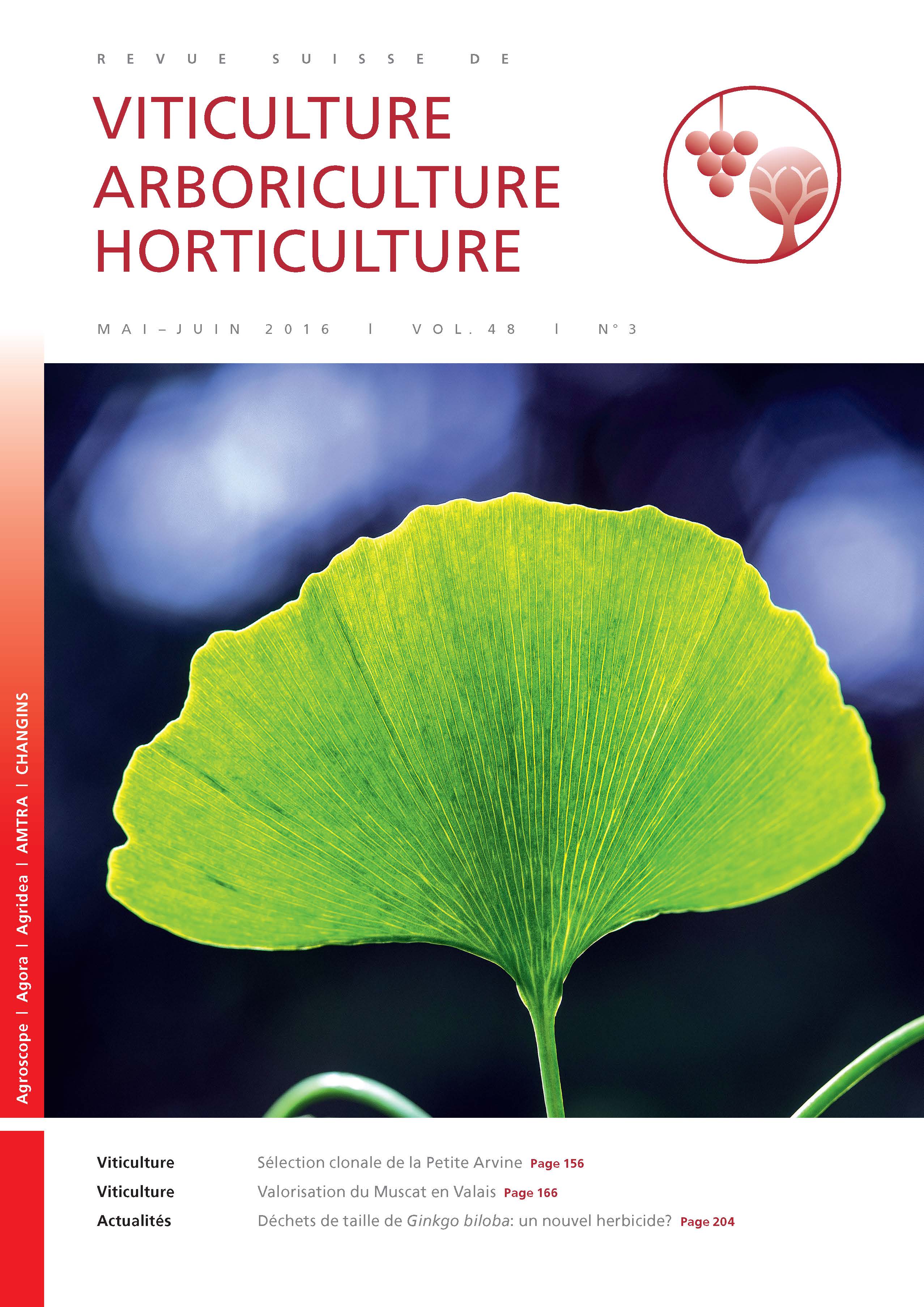
Issue 3 - May - June 2016

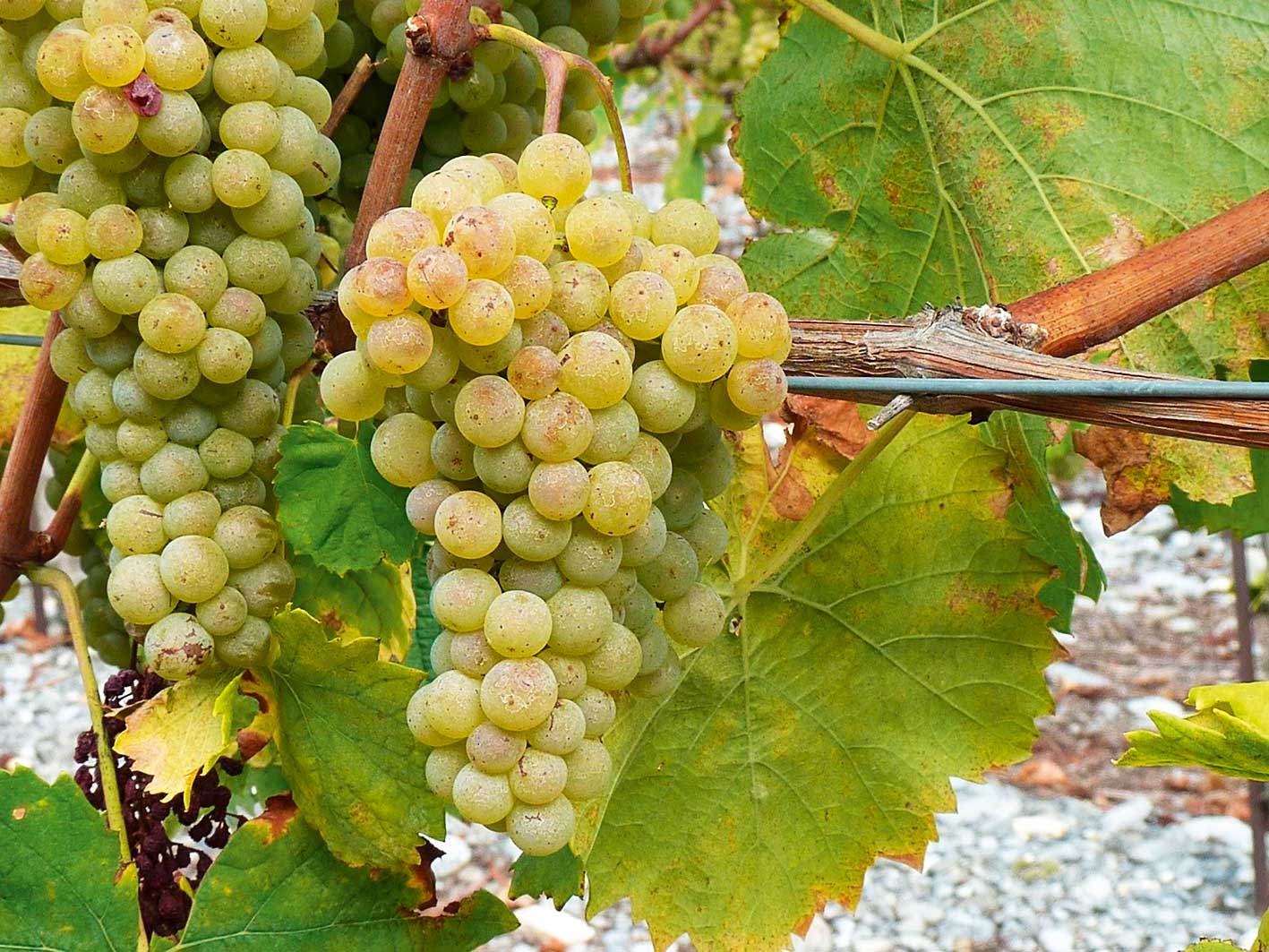
Abstract in open access
A programme for safeguarding the genetic diversity of traditional and autochthonous grape varieties of the Valais, conducted from 1992 onwards as a joint project of Agroscope, the Cantonal Viticulture Office of Valais, and the «Société des pépiniéristes valaisans», has permitted the placement of more than 1600 clone heads of 17 grape varieties in the collection. For Petite Arvine, 109 clones were selected from old plots of the pre-clonal era. Eighteen Petite Arvine clones formed the subject of an in-depth study of their agronomic and oenological suitability as part of a study collection established on Agroscope’s experimental field in Leytron (Valais). Observations carried out from 2003 to 2011 highlighted a highly significant intravarietal diversity in Petite Arvine for the majority of agronomic aspects, specifically for production potential, sensitivity to Botrytis cinerea, aromatic precursor content and acidity of the must. This experimentation will lead to the delivery of five new Petite Arvine clones (RAC 42, RAC 43, RAC 44, RAC 45 and RAC 46) to supplement the clonal material disseminated by the Swiss certification sector, which currently consists of the single clone RAC 22.
Keywords: grapevine, Petite Arvine, clonal selection, wine quality
E-Mail: jean-laurent.spring@agroscope.admin.ch
Adress: Agroscope, 1009 Pully
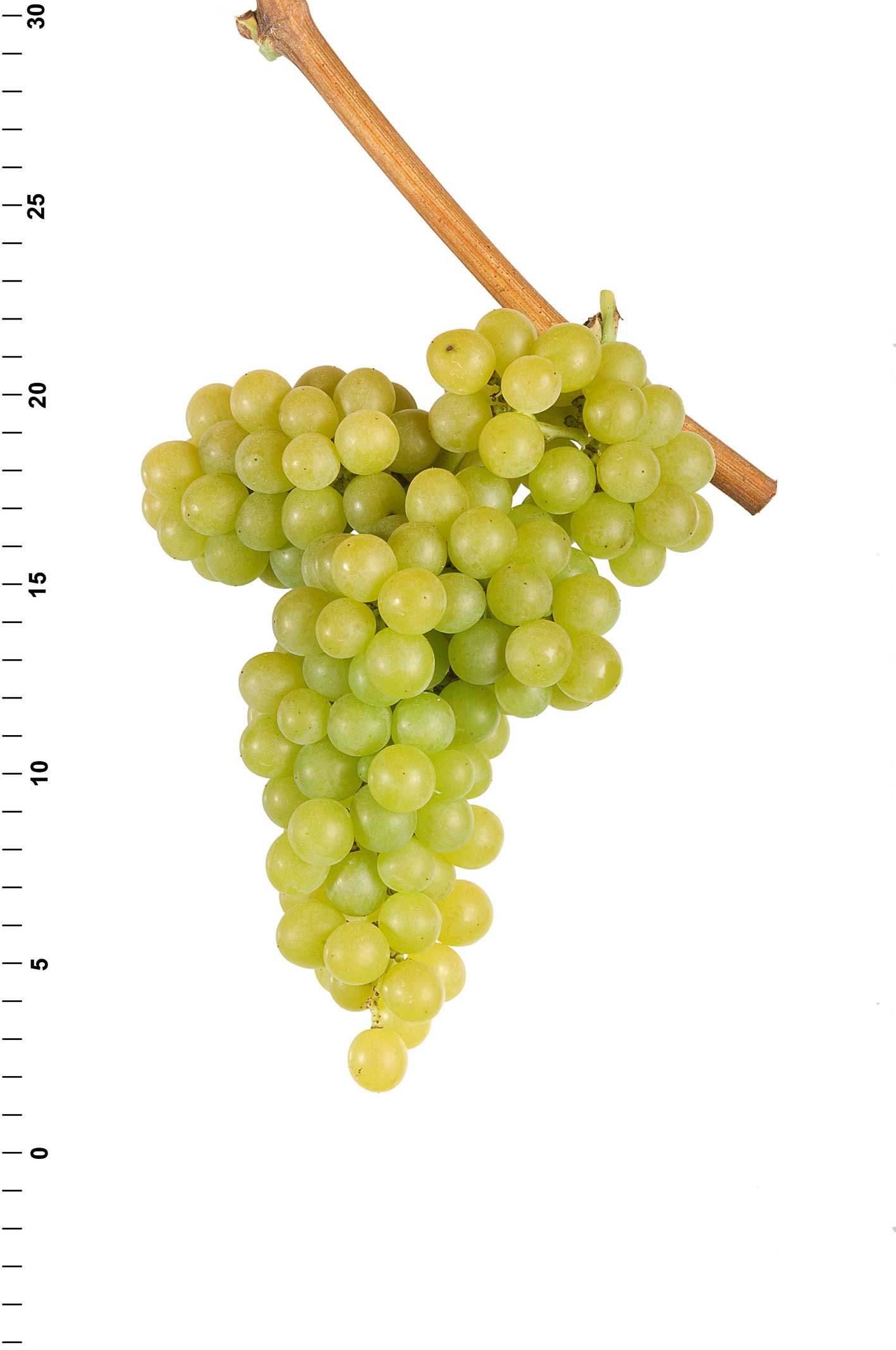
Abstract in open access
To study the precocity of different types of Muscat varieties in the Valais region, three different Muscat types planted on two different rootstocks and trellising systems were monitored during two years in an experimental vineyard in Flanthey. The study permitted to observe important differences in the precocity of the different Muscat types. The vegetative cycle of the Muscat clone 826 of the variety Muscat Blanc à Petits Grains, appeared to be 4 to 5 days shorter as compared to the variety Moscato Giallo. An additional analysis of two clones of Muscat Blanc à Petits Grains showed that the clone 826 exhibit bigger berries with a higher total acidity as compared to the clone 455.
Keywords: Muscat, clone, precocity, coplantantion, Moscato Giallo
E-Mail: axel.jaquerod@changins.ch
Adress: School of Engineering at Changins
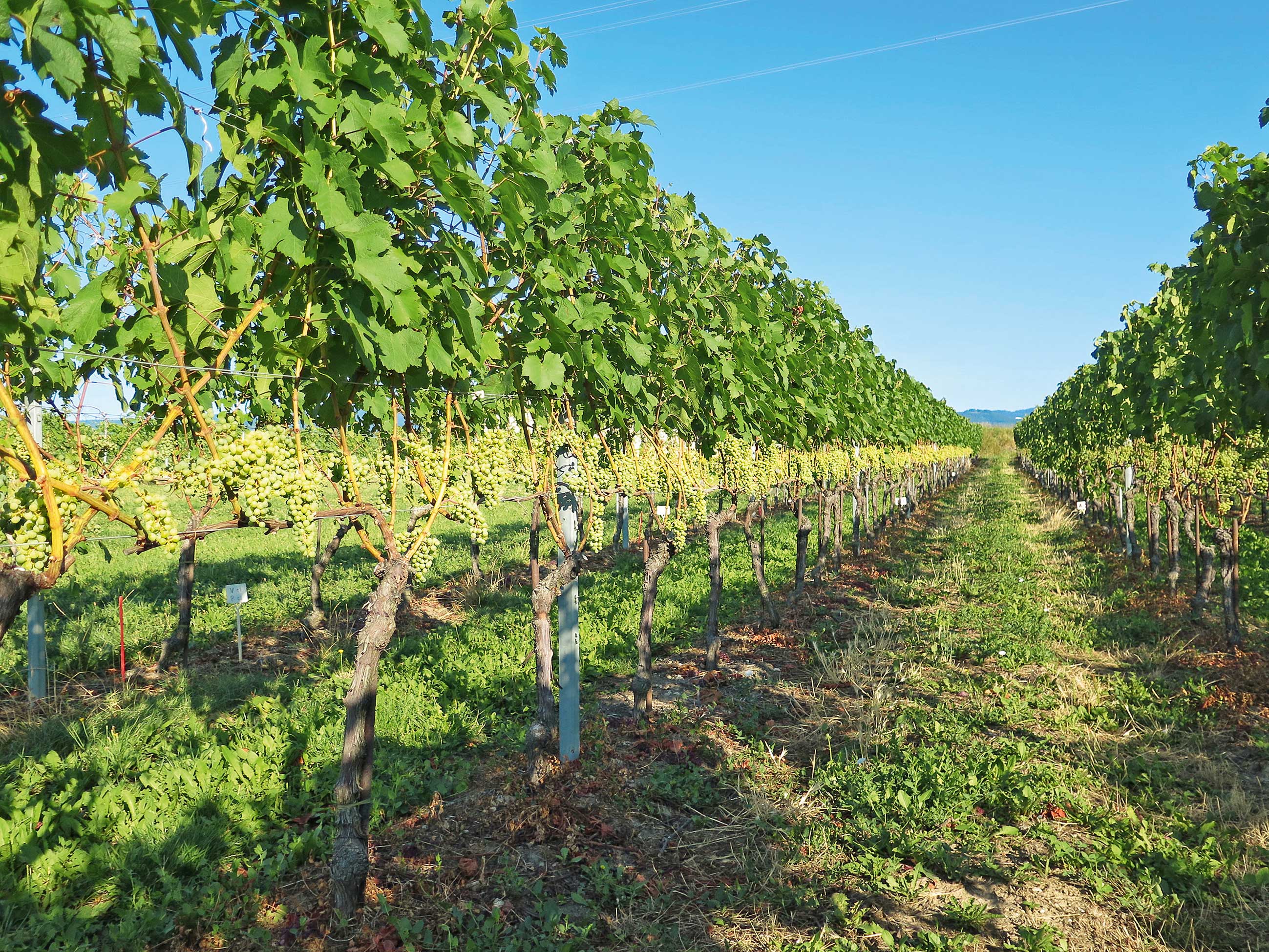
Abstract in open access
The institute Agroscope tried the early defoliation on Doral (cv. Chardonnay x Chasselas) at the experimental vineyard of Changins (VD, Switzerland) to evaluate the consequences and risks of this technique on the vine physiology, grape composition and wine quality. An intensive defoliation before berry set induced up to 30 % yield reduction. Leaf removal, even early and intensive, had no consequences neither on the vine sustainability in terms of bud fruitfulness and vigour, nor on the wine organoleptic profiles. Under these experimental conditions, an early defoliation of the vine at flowering (six basal leaves + lateral shoots) was a promising practice to regulate the yield without subsequent cluster thinning.
Keywords: leaf removal, yield regulation, wine composition
E-Mail: thibaut.verdenal@agroscope.admin.ch
Adress: Agroscope, 1009 Pully
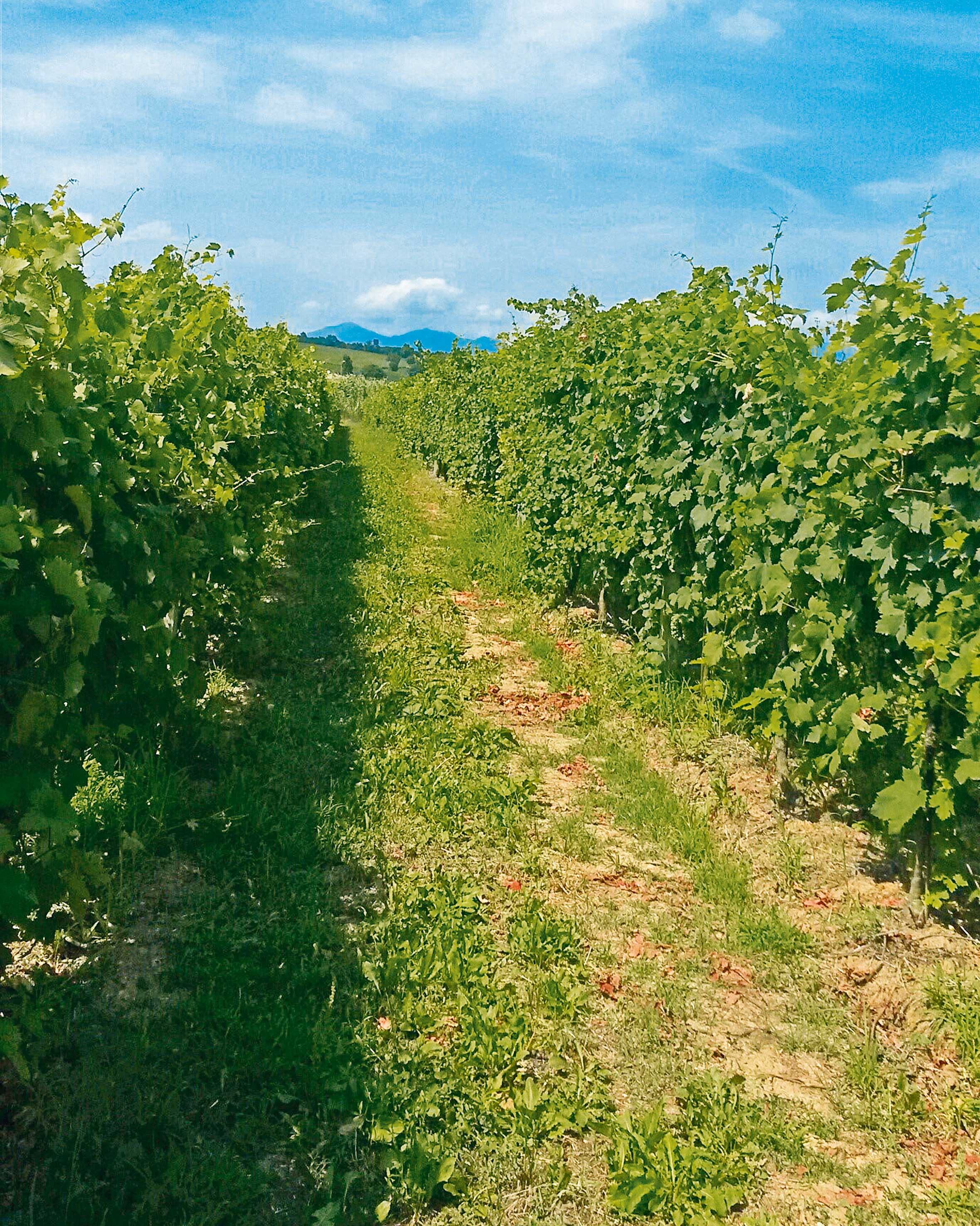
Abstract in open access
The current paper analyzes the perception of French wineries regarding the costs and benefits of the sustainability practices in the Terra Vitis certification program. The results of the online survey revealed that wineries perceive economic benefits to outweigh costs of sustainable practices for four of the seven categories studied. These findings in France correspond with those on California in the comparative study carried out in Italy and California (Pomarici and Vecchio 2014).
Keywords: wine industry, environmental certification, sustainable development, benefits
E-Mail: f.jourjon@groupe-esa.com
Adress: Ecole supérieure d'agriculture d'Angers ESA, F-49007 Angers Cedex 01
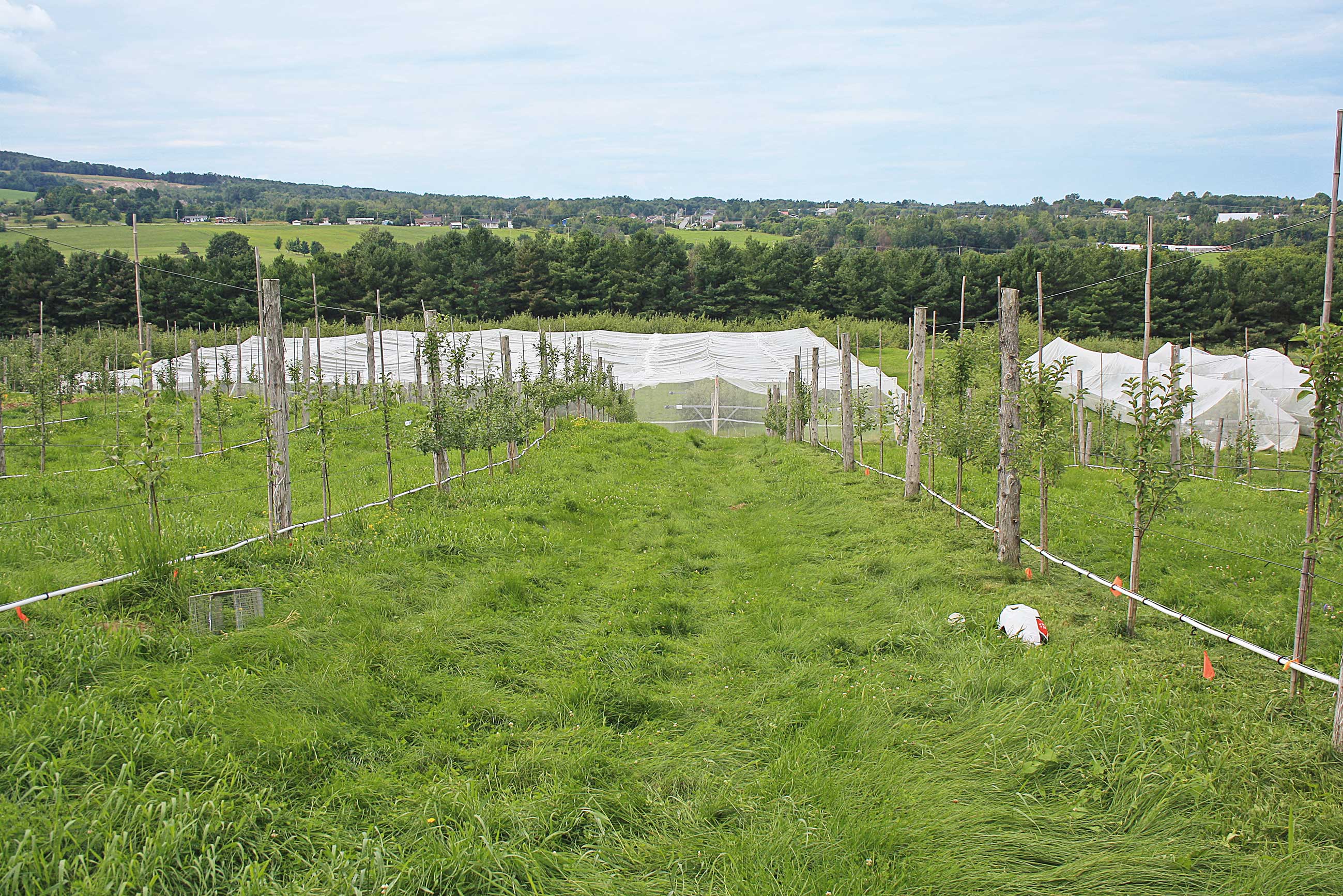
Abstract in open access
The entomological abundance, diversity and richness of three methods of tree line management were compared in an orchard under organic husbandry in Victoriaville (QC, Canada). The tested treatments were the “Sandwich” system with Trifolium repens, Lotus corniculatus and Festuca ovina (TLF), the “Sandwich” system with Pilosella officinarum (EP) and the mulch of ramial chipped wood (BRF). For that purpose and from July 13th until September 8th, 2015, insect surveys were carried out weekly using nets and Barber traps. The insect fauna captured in the Barber traps was significantly more diverse and richer in the EP treatment, while the insect fauna caught in sweeping net was significantly more diverse and richer in the TLF. The “Sandwich” system seems to be a good way to increase the entomological diversity but, at this stage, none of the investigated “Sandwich” systems is to be recommended for biological pest control.
Keywords: entomological diversity, grass strip management, “Sandwich” system, organic apple orchard
E-Mail: dominique.fleury@etat.ge.ch
Adress: School of Engineering at Changins
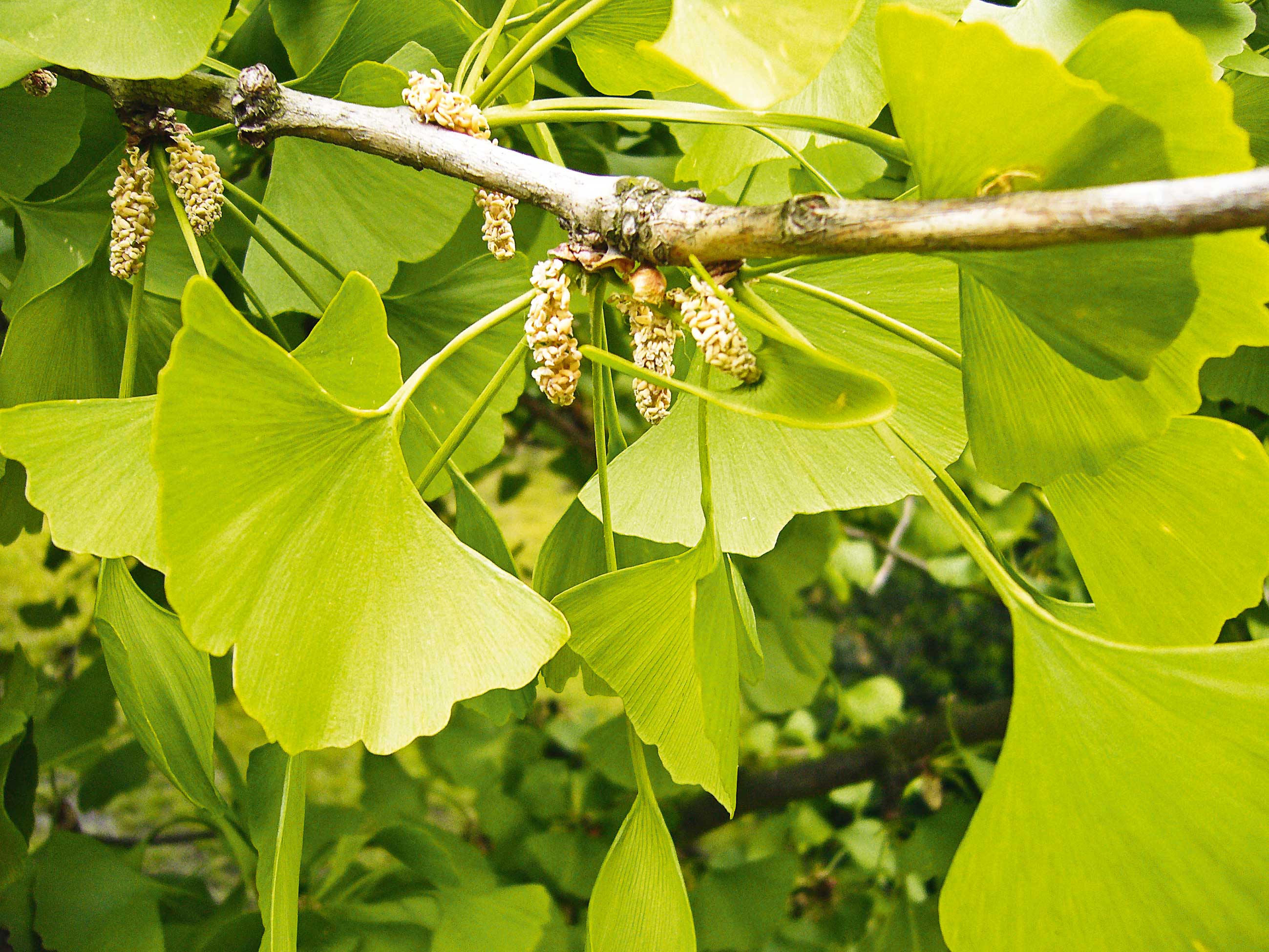
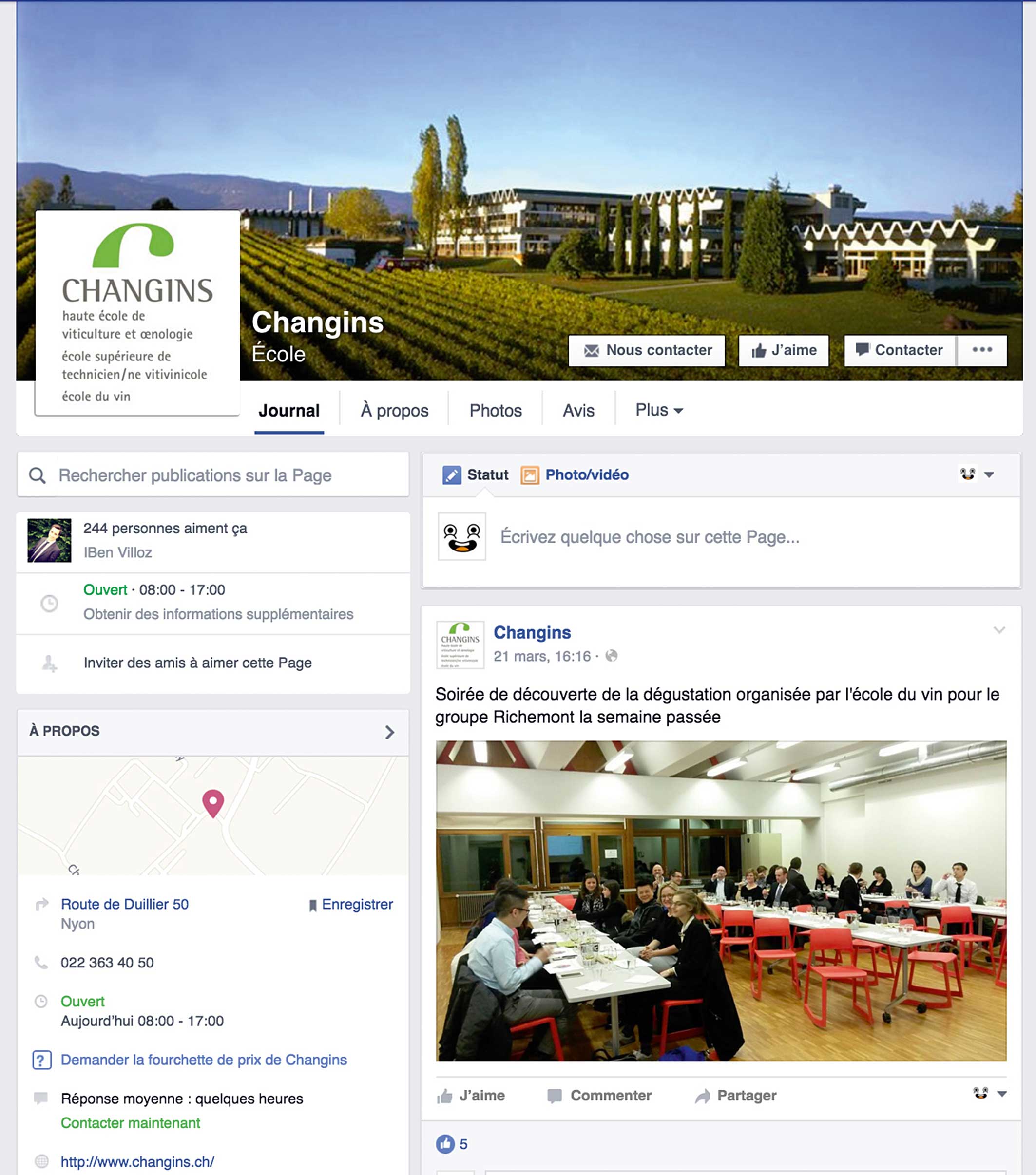

 Download of full issue
Download of full issue
 Download article
Download article